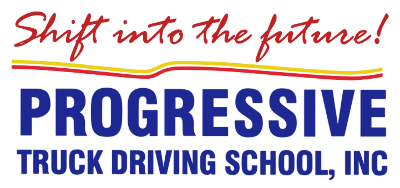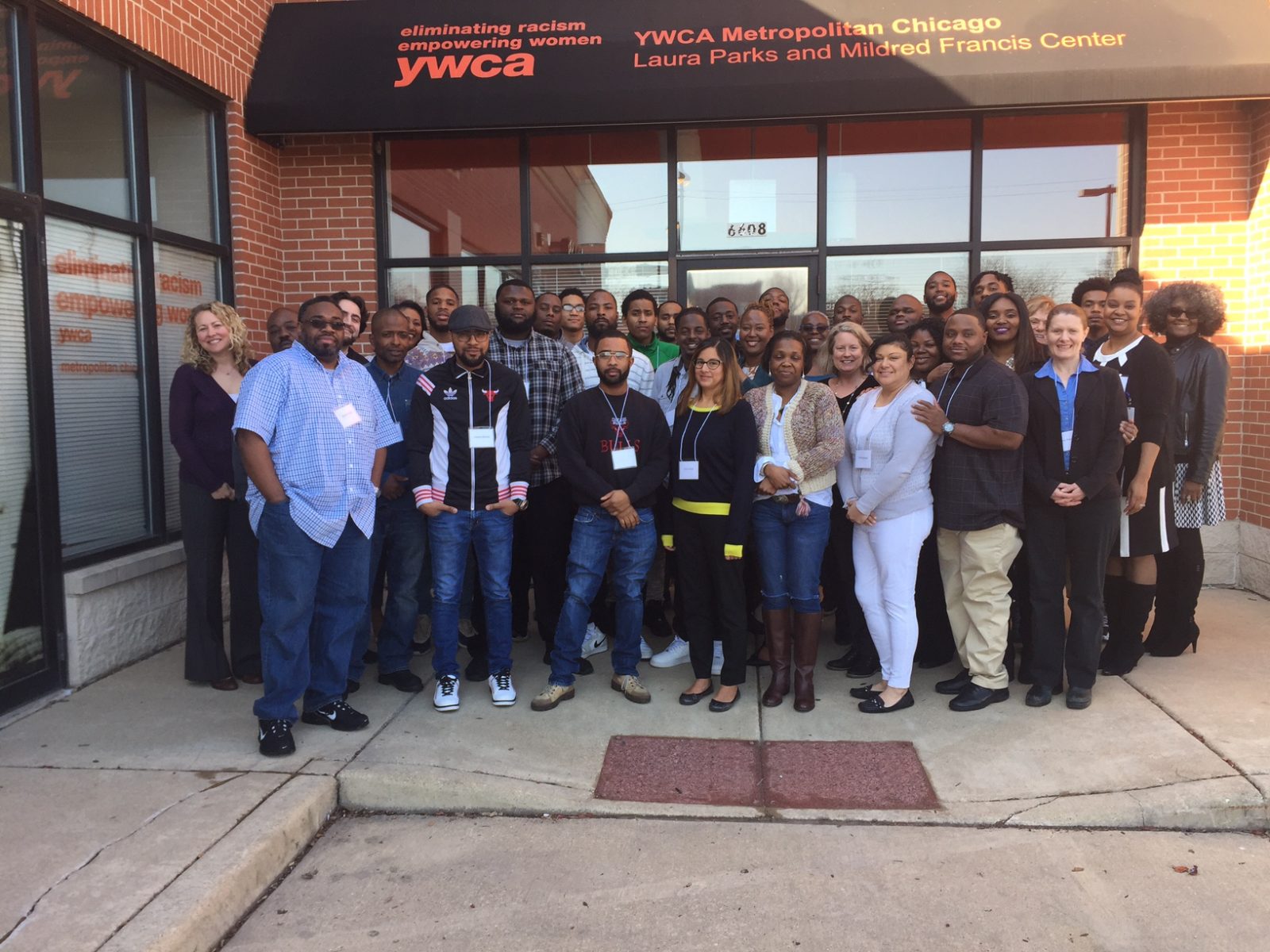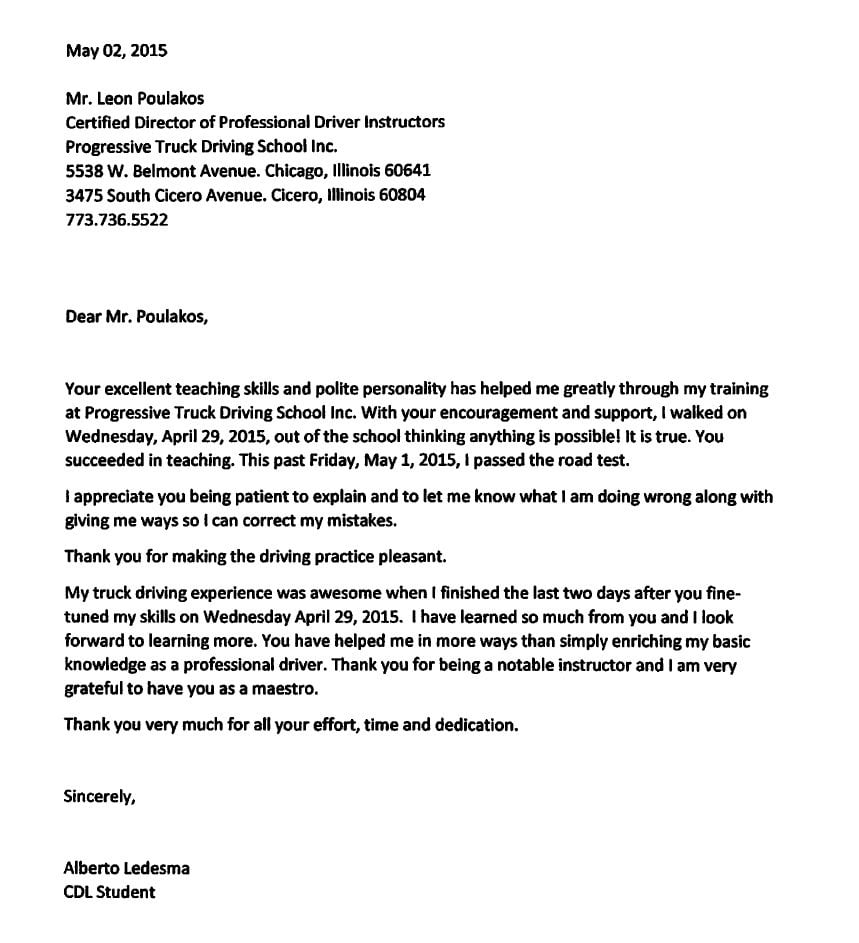10 Best Reasons to get your Commercial Driver’s License (CDL)
10 Best Reasons to get your Commercial Driver’s License (CDL)
They say this country couldn’t run without truck drivers. The American Trucking Associations (ATA) says the trucking industry provides one out of every 16 American jobs for a whopping 7.3 million jobs, and the industry is still growing. There are more truck driving jobs than there are truck drivers.
Trucking will always be in demand and truck drivers have a job security that many other professions don’t have. Once you have your CDL, you’re set for life in this career.
You see families of truckers that go back for generations. “My dad was a trucker and so was my grandpa,” they say.
Once you try it, you’re hooked for life. Maybe it’s because of all of the benefits the truck driving life affords.
- GREAT PAY!
Once you have your CDL, you can earn over $40,000 the first year. With more experience and time under your belt, that number can rise to well over 60,000 in no time. Compared to most jobs this is great entry-level pay.
- POTENTIAL TO MAKE MORE
Some careers only let you go so high before you hit the top, but getting your CDL will allow you to get into a career where the sky’s the limit. If you are willing to work hard, you can always make more. Owner/operators can average about $141,000 or more per year. Being able to work harder and make more is an important option for a lot of people.
- LOW COST TO GET STARTED
Unlike college, truck driving school won’t cost you an arm and a leg to get through. Training to get your CDL is affordable. You won’t have years paying off college loan debt and it is one of the cheapest careers to get into for the amount that you will be making very soon.
You will be provided with a quality education for a fraction of the cost with personalized training that will put you at the top of your game as soon as you get your CDL. You will know all of the safety guidelines and be a confident driver.
- NO FOUR-YEAR DEGREE IS NEEDED
You don’t have to waste your time with years of schooling. You can get your CDL and be in a truck in a matter of weeks, not years. You can start making money right away. You will get experience behind the wheel and help with job placement.
If you choose the Smith & Solomon CDL training program, you will receive a CDL class A license and will gain the ability to drive all classes of commercial vehicles. You also will be provided with the additional resources such as:
- Doubles & Triples Endorsement
- Tanker Endorsement
- Hazardous Material Endorsement
- Entry Level Certification
- Map reading and trip planning
- Log Book training
- DOT Rules and Regulations
- YOU HAVE THE FREEDOM TO CHOOSE WHAT YOU WANT
When you get your CDL through a school, you open up thousands of options for your future. You can work local delivery jobs, regional (where you will be home every few days), or “over-the-road” (OTR) jobs that travel all over America. You can choose to drive alone or with a partner. You can drive for a company or become an owner/operator. You have total independence and limitless options.
- YOU GET TO SEE THE WORLD AND EXPERIENCE LIFE
Getting your CDL enables you to see the world. If you choose, you can travel coast-to-coast and see places that others only talk about. I know lots of truck drivers that have been to all of the lower 48 states.
It’s an exciting world of meeting new faces and experiencing new things. You will have lots of variety in your life. It’s not a boring career and you will be doing something that you can be proud of. Truck drivers provide a valuable service to the world and you can be a part of that.
- FLEXIBLE SCHEDULE
After you finish your schooling and get your CDL, you can choose a driving job that suits your lifestyle. You can be off on weekends or work nights if you prefer. You can take days off when you need to and work more if you want more money.
- BENEFITS FOR YOU AND YOUR FAMILY
Many trucking companies provide excellent benefits including paid holidays and paid vacations; health, dental, and life insurance; periodic raises; 401K and tuition reimbursement. Upon completing the CDL program and obtaining your CDL, you can immediately begin placement with such companies.
- TAKE RESPONSIBILITY FOR YOUR OWN LIFE
If sitting behind a desk or taking orders from someone else all day doing meaningless tasks just isn’t for you, then getting your CDL is a great choice. You just get in the truck and drive.
You know what is expected of you and you get that feeling of accomplishment knowing that you are doing it right. There will be people depending on you and trusting you to do the job the way it’s supposed to be done. That you can do.
- TRUCK DRIVERS ARE A FAMILY
Wherever you go, you will be with others who “get it”. Truck drivers are a family of people that stick together and got each other’s backs. You will be able to form relationships with people who have proudly chosen the same life as you.
YOU GET TO DO WHAT YOU LOVE
Now, how many people can say that? It’s your life so do what you want to do with it. Take charge. It all starts with training to get your CDL so why not start today?






